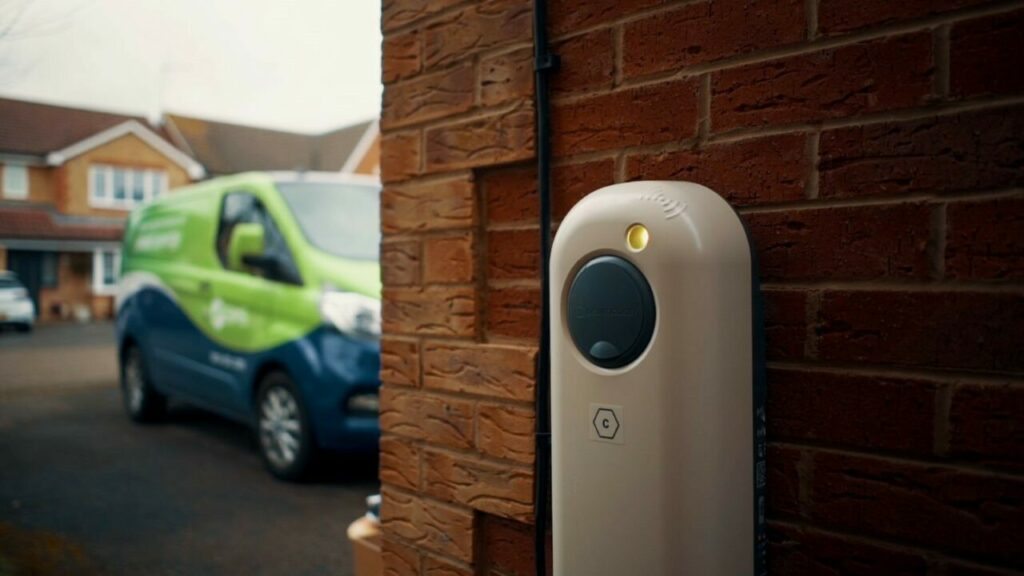SMS is to develop new Demand Side Response (DSR) applications as part of the UK government’s Flexibility Innovation Programme.
The company will design and deliver a laboratory testing scheme for Interoperable Demand Side Response (IDSR) applications for the domestic flexibility market, to help encourage the shift to a distributed energy system.
This will include behind-the-meter Energy Smart Appliances, including electric vehicle chargers, batteries, white goods and heating systems.
“To accommodate the shift to a distributed renewable energy system, flexibility will be required from many different sources, but will increasingly need to come from domestic behind-the-meter ESAs like EV chargers, heat pumps, storage heating and battery storage,” said Mark Hamilton, managing director of FlexiGrid at SMS.
“However, this will require new levels of control and standards to be introduced to allow assets to be aggregated and operated as a virtual power plant (VPP), and this is ultimately what we hope to achieve through this new programme.”
As the UK continues to transition to a net zero electricity system, the ability of smart assets to provide DSR is growing, with an estimated 30GW of low-carbon flexible assets expected to be deployed across the grid by 2030. This is a three-fold increase on current levels.
This project – which will see SMS partnering with Engage Consulting Limited and Nederlands Meet Institute (NMI) – will look to maximise the potential of these assets.
SMS will develop a new version of its FlexiGrid aggregation platform to test Energy Smart Appliances against new IDSR applications. It will also expand its existing smart metering test facilities to accommodate further testing in a mock domestic setting.
“This is a significant step forward that combines SMS’s technical and testing prowess in the smart meter industry with our pioneering FlexiGrid aggregation services,” said Tom Woolley, smart product and strategy director at SMS.
“Working together, these two areas of expertise will play a significant role in enabling the move to smart, flexible and low-carbon energy system.”
Engage will manage the project and drive the technical solution, and NMI will design and develop the testing schemes for the project, which is being funded by the government’s Net Zero Innovation Portfolio.
This follows the government awarding £19 million to 37 British entrepreneurs to support the development of green technologies through the Energy Entrepreneurs Fund (EEF), which is made available through the government’s £1 billion Net Zero Innovation Portfolio in February.
This is the second SMS-led project to receive government funding this year, following the Department for Business, Energy & Industrial Strategy (BEIS) backing a research project that uses ‘Internet of Things’ (IoT)-enabled smart meters to provide tailored solutions and allow consumers to improve the energy efficiency of households in January.






